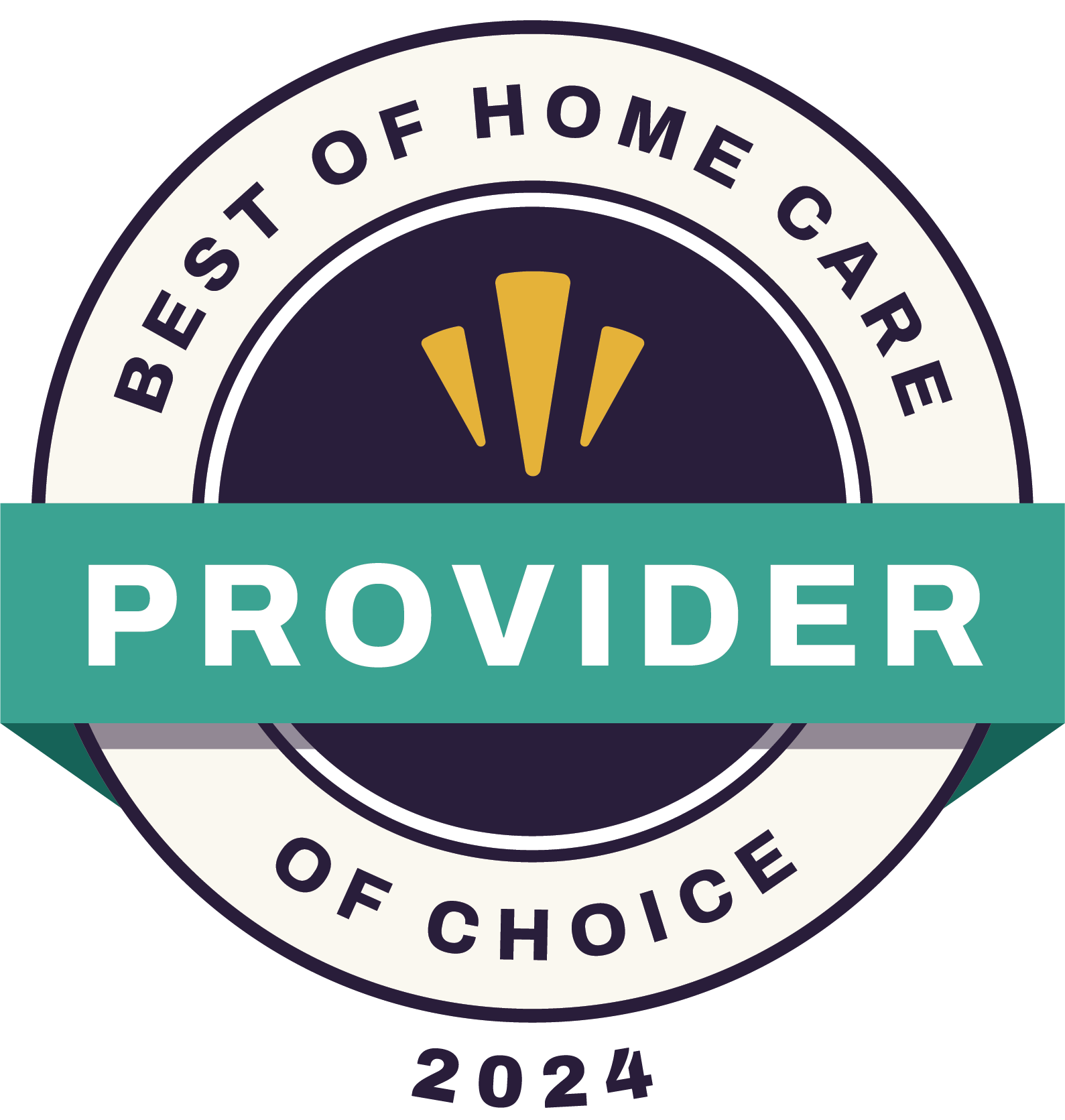Parkinson's Disease Management and How Home Care Can Help
April is Parkinson's Disease Awareness Month. This period presents an opportunity to educate communities about the disease, its symptoms, treatment options, and available resources.
Parkinson's disease is a progressive neurodegenerative disorder that usually hits people past the age of 65. It affects movement, balance, and coordination. While there is currently no cure for the disease, treatment options are available to help manage the symptoms and improve quality of life.
To ensure your aging loved one receives quality senior care, it is important to understand the symptoms of Parkinson's disease, current treatment options, and how home care can play a valuable role in managing the disease. This information can also help you choose the right home care agency so you or your loved one can recieve quality care according to their specific needs.
Symptoms of Parkinson's Disease
Identifying the early warning signs of Parkinson's disease will enable you to seek prompt treatment. Typically, the symptoms are mild at first and then worsen over time. The most common symptoms involve loss of muscle control. They include:
- Tremors in the hands, arms, legs, jaws, or head
- Muscle rigidity or stiffness of the limbs
- Slowness of movement
The symptoms and progression of the disease vary from person to person. Individuals with Parkinson's may also experience:
- Stooped posture and balance problems
- Difficulty with fine motor tasks
- Changes in speech
- Difficulties with handwriting
As the disease progresses, cognitive and emotional changes may occur. In the later stages, symptoms may include:
- Memory loss
- Depression and anxiety
- Dementia
Treatment Options for Parkinson's Disease
If you are concerned a loved one may have symptoms of Parkinson's disease, see a doctor as soon as possible. When you seek medical advice, your doctor will review your loved one's signs and symptoms, ask about their medical history, and conduct a physical and neurological examination. The medical expert will then create a suitable treatment plan to help manage the associated symptoms. Below are some treatment options that your doctor may recommend.
Medications: This is the primary way to treat the condition. Medications are available that can help manage symptoms such as tremors and stiffness.
Surgery: For individuals who do not respond well to medication, deep brain stimulation surgery can be used to manage some of the movement-related symptoms of the disease.
Lifestyle changes: Exercising regularly, eating a healthy diet, and ensuring your loved one gets enough sleep can make living with Parkinson's easier. Your doctor may also give them more senior health tips to help manage symptoms and improve your overall health.
The Role of Home Care in Managing Parkinson's Disease
The progression of Parkinson's disease may eventually affect an individual's daily routines. Experiencing these changes can be difficult. This is why you may want to find ways to help your aging loved one with Parkinson's disease to cope.
Home care can play an important role in managing Parkinson's disease and maintaining senior health, especially in the later stages of the disease. This is when individuals may require more assistance with daily activities. Home care services can include assistance with:
- Daily living activities
- Medication management
- Mobility assistance
- Nutrition and meal planning
- Personal supervision and home safety
Additionally, home care professionals can provide companionship and social interaction. This can help to reduce feelings of social isolation and improve the overall quality of life. That way, certified home health aides will ensure your aging loved one gets the treatment and help they need in a comfortable environment.
Why Choose Elite Home Health Care
Elite Home Health Care is the best home care agency in New York State. We understand the unique challenges of living with Parkinson's disease. This is why we offer home care services that are specifically designed to meet the needs of individuals with this condition. Our trained and compassionate home care professionals can provide assistance with activities of daily living, medication management, and mobility assistance. We can also provide companionship and emotional support, helping our clients maintain their independence and quality of life.
In summary, Parkinson's disease is a chronic and progressive disease that affects movement, balance, and coordination. Although the disease does not currently have a cure, the available treatment options can help manage symptoms and improve quality of life. Home care can be a valuable addition to the treatment plan for individuals with this condition, providing the assistance and emotional support they need to lead happier and more comfortable lives.
Contact us today at 718.925.2525 to learn how we can help you or your loved one manage Parkinson's disease and live comfortably at home.
Written by: Leah Ganz
Leah Ganz, RN, BSN is the Director of Patient Services at Elite Home Health Care. She has an extensive background in homecare and previously worked in various specialties including pediatrics, pain managemnet and internal medicine. She oversees allpatient services across Elite's departments.



